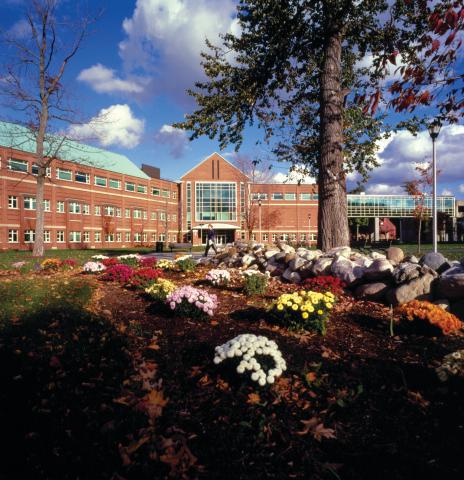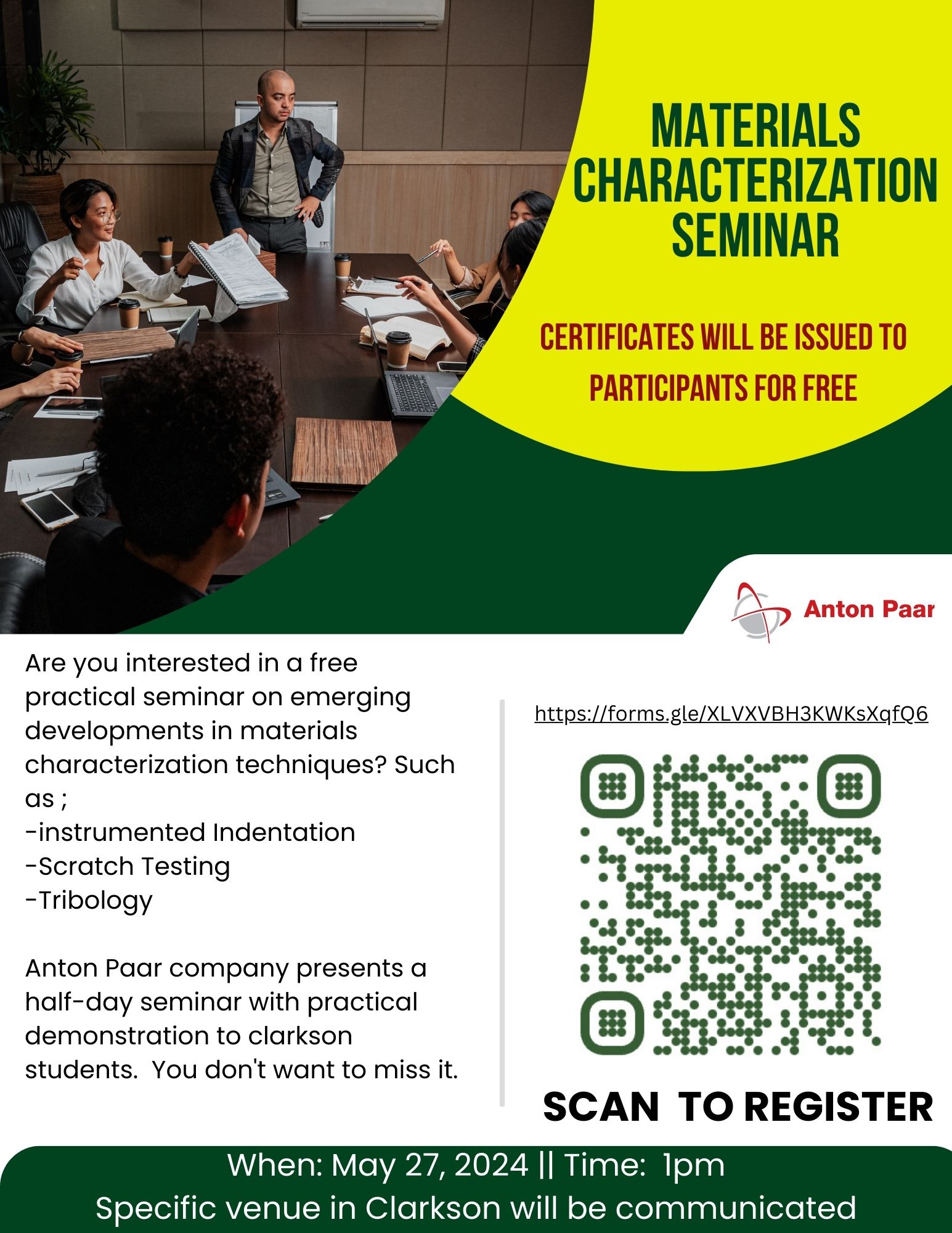Dr. Stephen D. Antolovich
Professor Emeritus of Materials Science and Engineering and Mechanical Engineering, Georgia Tech. and Washington State University
Will present a talk titled:
Settling of the COVID-19 Virus in Air and Some Observations on Face Masks
Abstract: The goals of this presentation are: (a) to examine how the SARS-CoV-2 virus, commonly referred to as COVID-19, can enter into the local environment from breathing, talking, coughing and sneezing, (b) to examine the likely effectiveness of masking, and (c) to provide neutral information to aid in understanding the current COVID-19 situation. Calculations were done using well-established physics principles and reliable, modern data sources. Stokes Law for settling was invoked and shows that the time for the average sized virus (~100-120 nm) to fall one meter in relatively dry air (30% relative humidity at one atmosphere (atm) pressure and 25oC (77oF)) is about 26 days with a range of approximately149 days (50 nm virus) to 2 days (200 nm virus). The effect of virus encapsulation by saliva was also considered. The measured distributions of saliva droplets in a sneeze and saliva evaporation rates were used to calculate the effect of evaporation on COVID-19 settling times. Even for the droplets of saliva-covered COVID- 19 virions, which are much larger than the “dry” individual virions, the settling time is sufficiently mediated by evaporation to still allow for complete evaporation before falling one meter. Increases in relative humidity had but a small effect on increasing the settling times. However, increasing the temperature to 37oC (98.6oF) markedly reduced the settling times of droplets for full evaporation. Thus, viruses, under various conditions, are released into the local environment. The efficacy of currently available masks (from home-made masks of various types and materials to N-95) is considered in terms of their physical characteristics. No currently-available masks could be found which were either designed for or capable of reliably filtering viruses. The possibility of masking as a strategy for dealing with the spread of COVID-19 is considered and suggestions are made for improved approaches.
Date: February 26, 2021
Location/Zoom Time: 4:30 pm start time
https://clarkson.zoom.us/j/98943528473?pwd=Z2VSekJ6THF1YWo2c1ZNWE05SmVJUT09
Meeting ID: 989 4352 8473
Passcode: 293416
Biosketch:
Dr. Antolovich received his BS and MS from the University of Wisconsin (Madison) and his Ph.D. from the University of California (Berkeley). He is currently Professor Emeritus of Mechanical and Materials Engineering at Washington State University (WSU) and at Georgia Tech. He was the Founding Director of the School of Materials Engineering at Georgia Tech and served as Director of the School of Mechanical and Materials Engineering at Washington State University. He was the Lindholm Chair of Materials Science at WSU and held various appointments at Ecole des Mines, Conservatoire National des Arts et Métiers, Université de Technologie de Compiegne, and Université de Paris in France for teaching, research and student advisement at various times spanning more than thirty-five years.His main interests are:
· Fracture mechanics
· Physics of deformation and fatigue,
· Fatigue at high temperatures and
· Application of engineering and physics principles to solve multi-disciplinary problems of general interest.
Dr. Antolovich received teaching awards at the University of Cincinnati and at WSU and was named Outstanding Faculty Member by the Georgia Tech Graduate Student Senate He has made numerous presentations to professional societies, universities, national laboratories and industrial organizations in the U.S., Europe, Canada, Korea, and Japan and published widely in international journals and conference proceedings. He carried out funded research and consultation for numerous national and international government agencies and companies. He has received international research awards and is a Fellow Member of ASME, ASM, and was recognized by the International Congress on Fracture for “significant contributions to the field of fracture and structural integrity”.
Contact Information:
Professor Emeritus of Materials Science and Engineering and Mechanical Engineering, Georgia Tech. Atlanta, Georgia, USA, 30332-0245 (stevea@gatech.edu ) and Washington State University, Pullman, Washington, USA, 99164-2920 (steve_antolovich@wsu.edu)


